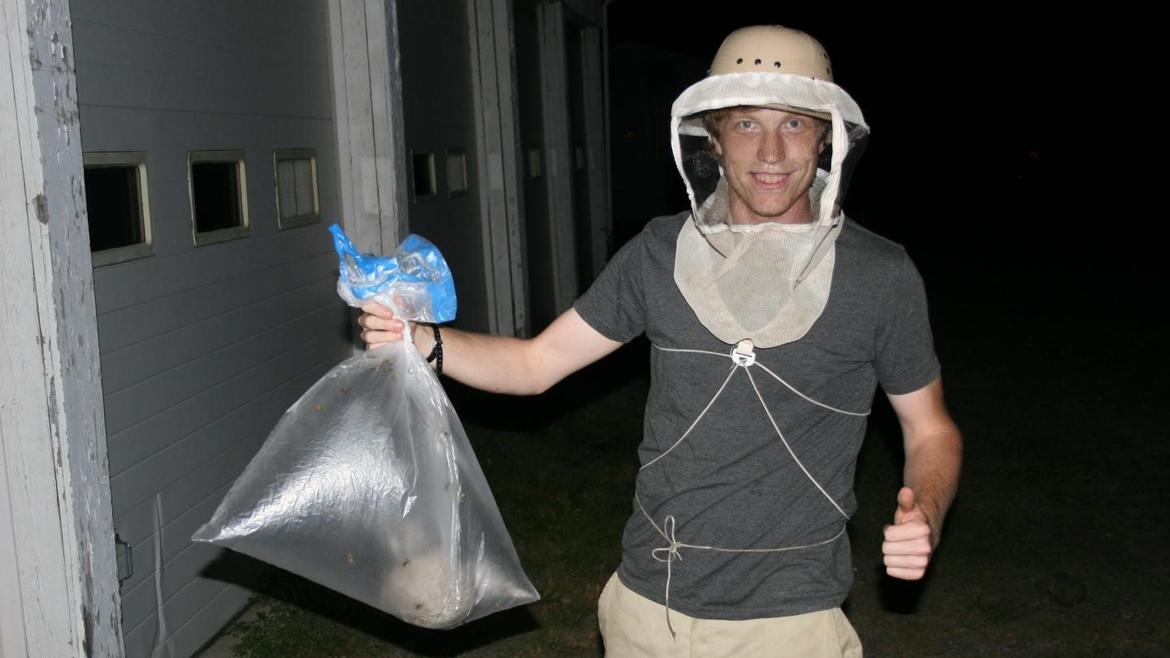
Title: Sex, murder, and signal complexity: insights into social evolution from wasp societies
Abstract: Social insects present some of the most remarkable examples of biological altruism, yet many societies are simultaneously rife with conflicts among colony members. What factors explain why individuals, populations or species vary in their investment in cooperation or conflict? First, I will present matricide (queen execution by workers) as a case study for understanding the evolution of conflict within groups of cooperating relatives. Matricide is an evolutionary puzzle: in the annual societies of some yellowjacket wasps, workers kill the only queen their colony will ever have, eliminating the only source of new female workers and reproductives. I show that matricide occurs facultatively within colonies, depending on the number of times the queen has mated. This is predicted by a kin selection model hypothesizing that matricide is a result of competition between reproductive workers and the queen over the production of a colony’s males. In the second part of the talk, I will consider how the evolution of social behavior may result in the evolution of chemical compounds (cuticular hydrocarbons) that facilitate it. Does the social organization of a species predict the complexity of its chemical profile? I examine a socially diverse group of social insects, the Polistinae paper wasps, and show that complex societies have simplified CHC profiles. Finally, I preview our ongoing work on a recent social transition in an invasive population of social wasps in Hawaii.